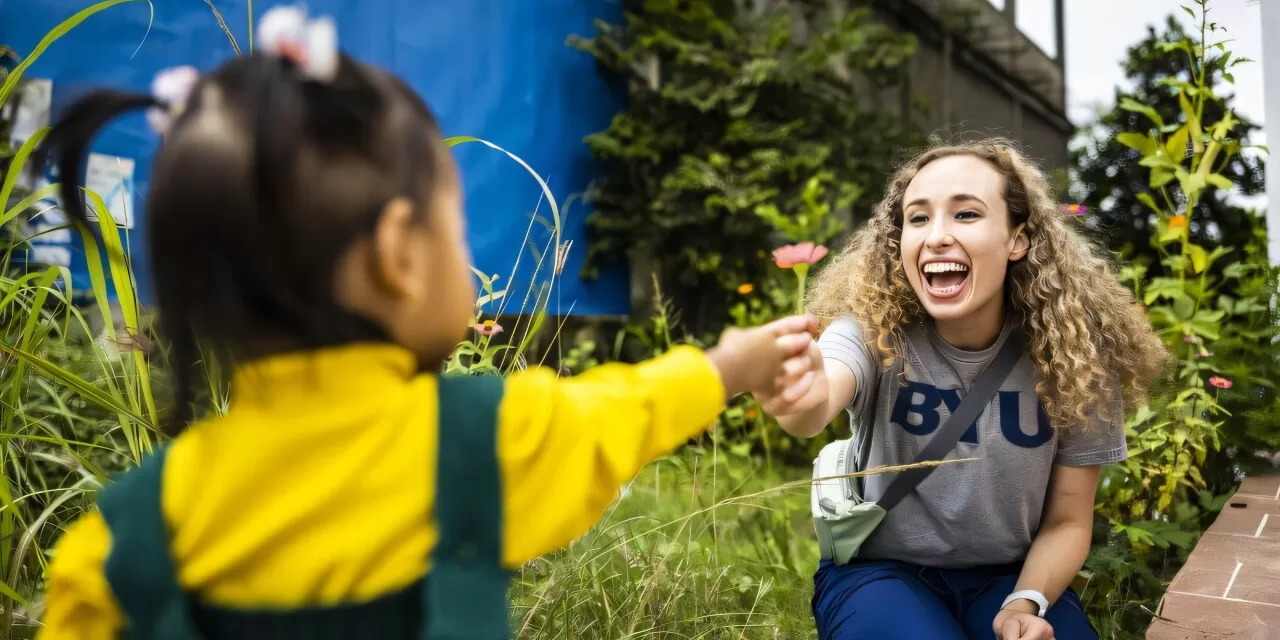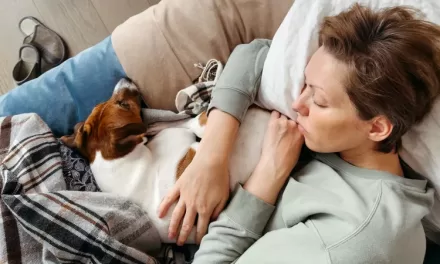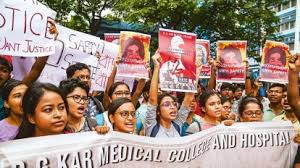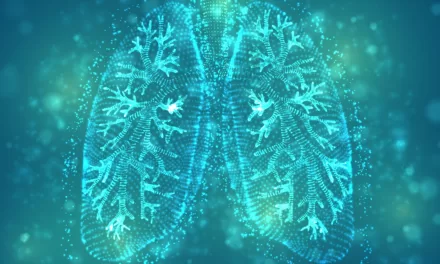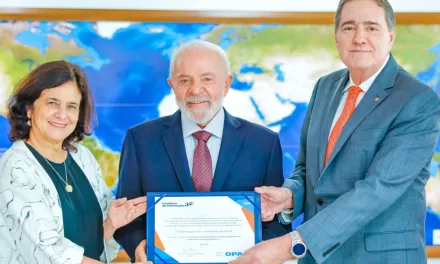Have you ever felt uplifted by a simple smile, a helping hand, or a kind word from a stranger? A groundbreaking study conducted by Julianne Holt-Lunstad, a psychology and neuroscience professor at Brigham Young University (BYU), reveals that even one act of kindness per week can significantly improve individual and community well-being.
Published in Social Psychiatry and Psychiatric Epidemiology, the study shows that performing small acts of kindness reduces loneliness, social isolation, and social anxiety while fostering stronger neighborhood connections.
Kindness Benefits the Giver
Holt-Lunstad’s research highlights a key finding: the person offering kindness gains measurable benefits. “I think one of the most profound results of this study is that we measured the person providing the help—doing the acts of kindness,” Holt-Lunstad explained. “They are the ones that benefited.” While the study did not measure the impact on the recipients, it underscores the reciprocal nature of kindness in building connections.
The KIND Challenge: A Global Experiment
As part of the study, Holt-Lunstad and her team launched the KIND Challenge, involving over 4,000 participants from the U.S., U.K., and Australia. Participants were asked to perform at least one act of kindness per week for a month, ranging from offering emotional support and sharing helpful information to simply connecting with others.
Results varied by country:
- United States: Participants experienced reduced loneliness, less social isolation and anxiety, and improved neighborhood interactions.
- United Kingdom: Small reductions in loneliness, increased neighborhood stability, and stronger feelings of community importance were reported.
- Australia: Participants noted lower stress, more social connections, and stronger neighborhood relationships.
Practical Implications for Everyone
“This is something that literally anyone can do,” Holt-Lunstad emphasized. The KIND Challenge is accessible, requiring no special training or resources. It’s flexible, too—acts of kindness can be tailored to personal comfort levels and circumstances.
The study’s findings carry significant implications for public health initiatives, offering a low-cost, scalable method to combat loneliness and promote mental well-being.
A Solution for Youth Loneliness
The research also sheds light on loneliness among young adults and adolescents, who report the highest levels of social disconnection. Holt-Lunstad, who contributed to the 2023 U.S. Surgeon General’s Advisory on Social Connection and Community, is now focusing on college students, aiming to expand her studies across campuses to address this pressing issue.
“My goal is to help students thrive in a comprehensive way,” she shared, emphasizing the importance of fostering purpose, belonging, and reciprocity in combating loneliness.
A Call to Action
The KIND Challenge offers a simple, yet profound opportunity for anyone to make a difference. Whether it’s offering a kind word, helping with a task, or simply reaching out, kindness creates ripples that strengthen the fabric of society.
As Holt-Lunstad put it, “By helping others, you’re in essence helping yourself.”

